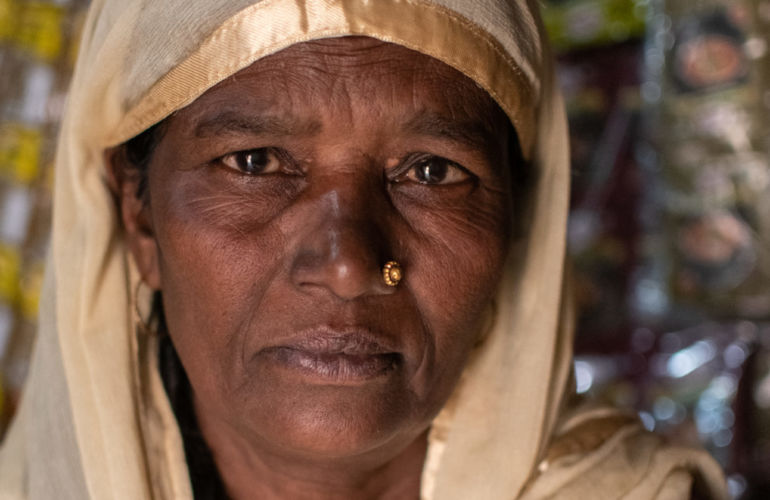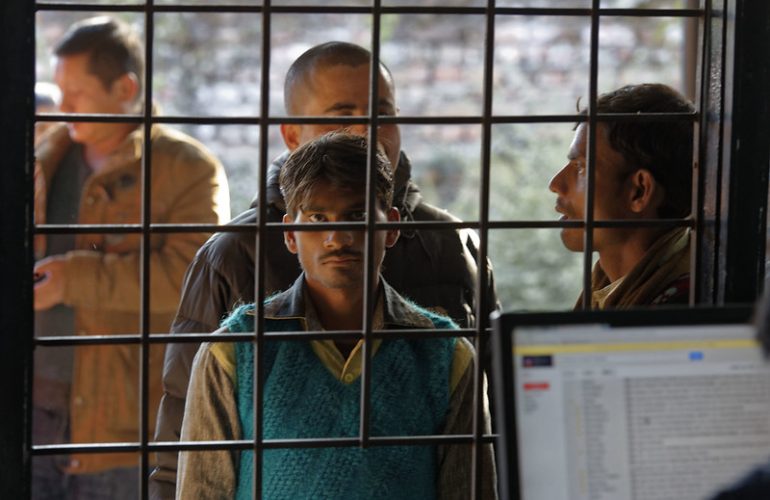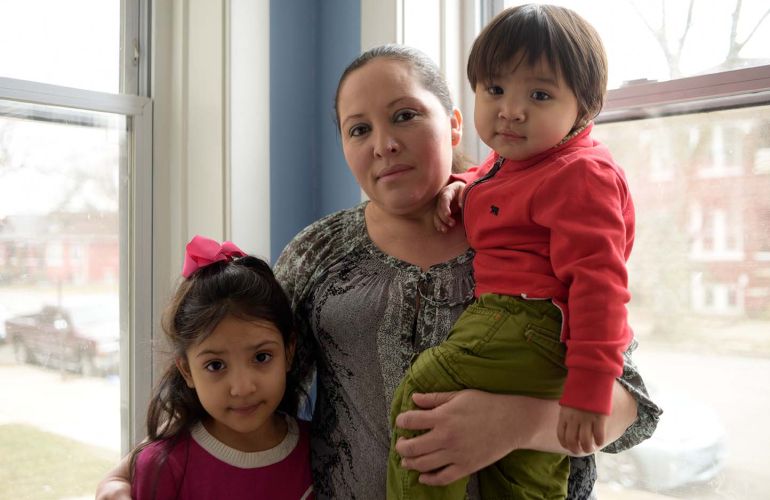Humanitarian NGOs Call on Donors for Urgent and Systematic Response to COVID-19

By their very nature, humanitarian organizations deploy their activities in environments where resources are limited and conditions often dire. The current coronavirus outbreak adds an enormous burden to already strenuous humanitarian situations. Urgent and coordinated action between NGOs, governments, donors and partners is essential to maintain services and to avert the spread of the virus to the most vulnerable, including refugees and other displaced populations.
Humanitarian non-governmental organizations are calling upon governments, donors, and partners to rise to the challenges presented by the coronavirus crisis. The work of humanitarian staff worldwide is becoming increasingly difficult.
On the one hand, governments’ special measures are making it more and more difficult to ensure the provision of regular services. On the other hand, humanitarian organizations see the need to step up education, prevention and treatment efforts related to coronavirus infection among vulnerable populations, whose access to healthcare is limited at the best of times, especially in this context when people’s movements are increasingly limited.
A 17 March statement released by the International Council of Voluntary Agencies (ICVA), a global alliance of over 100 NGOs of which the International Catholic Migration Commission is a member, calls for a worldwide humanitarian response plan to COVID-19. ICVA maintains that such planning is needed in order to best address the pandemic’s spread in all parts of the world.
The statement asks for support to “scale up humanitarian action to prevent the virus from creating havoc in vulnerable communities.” To do so, humanitarian organizations will need emergency donor support as well as sustained resources for their regular programs. They also ask donors for flexibility as exceptional measures and urgent decision-making may temporarily delay some tasks.
“As we face an unprecedented public health crisis, we trust that governments and donors will rise to the challenges posed by it,” says ICMC Secretary General Msgr. Robert J. Vitillo. “When national and local health authorities make decisions and issue recommendations to protect their citizens, they should not forget vulnerable populations in their midst, such as refugees and migrants,” he adds. “And donors should support the response of humanitarian agencies to COVID-19 in flexible and adapted ways.”
The coronavirus may potentially affect everyone, but the most vulnerable are likely to be worse off. Among them, migrants and refugees are on the front line.
In Italy, “the future of tens of thousands of migrants and asylum seekers has become more uncertain” as the country takes stringent containment measures, reports The New Humanitarian. On the Mexico-U.S. border, thousands of asylum-seekers are forced to wait in overcrowded and unsanitary camps and shelters that could become a hotbed for the virus. Similar situations are faced in Greece and to a certain extent, even in Switzerland. In Africa, national health authorities are bracing for a coronavirus surge that could potentially overwhelm the continent’s health systems.
According to the World Health Organization, some USD 675 million will be required to respond to the coronavirus outbreak worldwide over three months. In countries where the healthcare infrastructure already relies heavily on foreign aid, some humanitarian organizations are responding to COVID-19 by diverting funds intended for other purposes, which eventually will have an impact on emergency and development programs to address other dire needs.
The NGO statement encourages the humanitarian community to help build capacity among local NGOs, which can respond more rapidly and maintain more direct contact with affected populations. And it also insists that “any measure and response to the COVID-19 should be grounded on the right to enjoy the highest attainable standard of physical and mental health, regardless of race, color, sex, language, religion, political or other opinions, national or social origin, property, birth or other status.”
How ICMC Is Adapting Its Operations to COVID-19
“Whenever possible, ICMC field offices are trying to maintain program activities, either on-site or remotely. However, like all citizens in their respective countries, our field staff must abide by the instructions of local health authorities,” says ICMC Director of Operations Walter Brill. In some countries, some expatriate humanitarian staff have been required to return to their countries of origin, or may want to return to take care of their families, and movements of local staff are increasingly restricted.
“Our colleagues have been doing a fantastic job under the tough circumstances,” he adds. “As events unfold very quickly, we have put together COVID-19 Task Forces at every field office to address contingency planning and reporting on unfolding events. We are also reaching out to institutional donors and remain transparent on difficulties and restrictions as they unfold.”
In Pakistan, where the risk is considered moderate although the number of cases is on the rise, ICMC Country Director Jehanzeb Anwer describes the situation as “quite worrying, as the refugee villages are quite congested.” ICMC staff continues to dispense healthcare services to refugees in camps. “We are taking all possible measures for the protection of the staff providing basic healthcare services. Masks, hand sanitizer and awareness-raising are available at the basic health units to keep staff safe.”
In Jordan, as in other ICMC field offices, the staff is now working remotely. They take turns to operate the helplines, with extended hours, remain available for community members and beneficiaries to call. The complaints and feedback line also continues to work and is answered by the monitoring and evaluation team. Field visits require special approval by the Country Director.
In Malaysia, the government has imposed a nationwide restriction of movement. The UN Refugee Agency compound, which hosts the ICMC Malaysia’s office, is closed until 31 March. ICMC staff is working from home. Beneficiaries have been contacted and ICMC interpreters assist the UN Refugee Agency to operate helplines to advise refugees on COVID-19-related issues. ICMC outreach and training activities are postponed, although limited and essential services are maintained. The ICMC helpline for survivors of sexual and gender-based violence continues to work in three languages. Emergency shelters remain available.
In Greece, those ICMC staff deployed to UNHCR and government operations and whose work is deemed essential under the current circumstances are reporting to the office and in the field on a rotation basis. All other staff members are working from home.
The ICMC Resettlement Support Centers in Turkey and Lebanon have established a helpline to respond to queries from refugees who are anxious and uncertain about their future. Due to worldwide travel restrictions, the UN Migration and Refugees agencies (IOM and UNHCR) have suspended travel of resettled refugees as of 20 March. For the same reason, the ICMC’s Deployment Scheme has suspended new deployments for the time being.
“The coronavirus outbreak has caught everyone — governments, donors, NGOs — by surprise,” says Msgr. Vitillo. “So we hope that, likewise, everyone will work together to respect and promote the safety and dignity of the people we serve and to keep them at the center of our response, as we move into unchartered territory.”
- Read the ICVA statement “COVID-19: NGOs critical to the delivery of principled and effective humanitarian assistance”
- Read ICMC Secretary General’s opinion piece “May the Coronavirus Crisis Open Our Eyes and Hearts”


